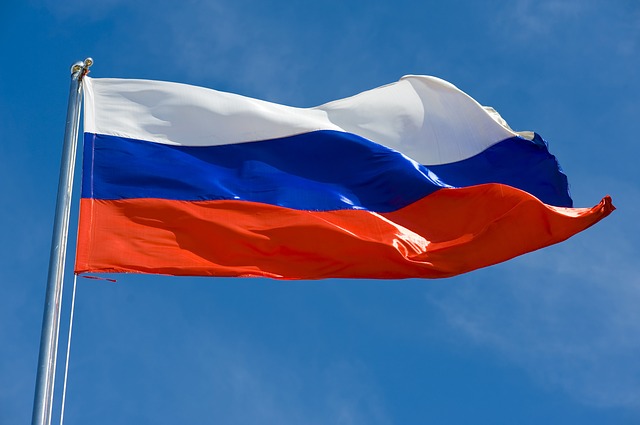Did you know that Russian word “возможность” can be translated to English in 2 different ways: as “opportunity” or “possibility?” Did you know that English syntax is more strictly structured than Russian syntax? The word order isn’t nearly as flexible in English as it is in the Russian language. Interpreters must be aware of quirks like this when translating Russian to English. Read on for more intriguing quirks when translating Russian into English.
Quirks of Russian
Most EU countries share common alphabets with English. This eliminates the need to learn new letters before translating. However, this step is necessary when you provide Russian-English interpreting services. The brand new alphabet makes learning the language much harder for non-native speakers. Good Russian to English interpretation and translation services techniques come with experience and language interpreter courses, which can also help. Courses will teach you how to navigate linguistic differences in syntax, phraseology and etymology.
Another way to prepare yourself to interpret between Russian and English is to study a bit of the language’s culture and practice with native speakers. Interpreters should be aware of all written and unwritten rules while translating from a non-native language into a one of their native ones (and vice versa). Being aware of these rules allows you to see what slang people use and how they structure their sentences. For instance, while in English, the syntax rules only allow for “I will go to school.” In Russian, one can say, “To school I will go,” or “Go to school.” The verb “go” is just changed with prefixes. Let’s go further and talk about what kind of mistakes to avoid.
Mistakes to Avoid while you’re Translating Russian
- Translating word by word
Words in Russian can be placed in different orders to form a sentence; unlike in the English language which follows the “Noun + Verb + Word Endings” structure. Translating Russian words into English is also challenging if you are not a native speaker of both languages. You have to understand the subtleties in meanings and the contexts they can be applied to. This is especially true, as there are only about 200,000 words in the Russian language, compared to a staggering 1,000,000 words in the English language. This disparity means that many words in Russian will have multiple meanings.
For instance, the word “Вариант” can be translated into English as “variant” and “option.” Interpreters have to choose the most appropriate word according to the context. “I have too many variants for translation services,” sounds funny. The right word to use in this case is “options.”
There are many more words like that: translating“Стать” into English depends on the context. It has two meanings, “become” or “start,” which are used in different contexts: «Она решила СТАТЬ переводчиком.» is “She decided to become a translator.” «Когда ты СТАЛA бегать?» is “When did you start running?” Mixing the translations up can lead to misunderstandings: “I became to work as a translator when I was 26 years old.” It is more appropriate to use “started working.”
- “Masculine” or “Feminine” words
Sometimes it may be difficult to differentiate between “Masculine” or “Feminine” words. When you’re interpreting and are (literally) seconds behind the speaker, choosing one isn’t easy, either. The simplest word like “cat” can be translated as “кошка – Feminine” and “кот – Masculine.” The addition of a slight sound completely changes the meaning!
- Untranslatable words
From time to time, you may come across words that cannot be translated succinctly from Russian into English. One good example of this is “Тоска.” This word is an expression of a feeling, which can be defined simply as “melancholy” or “depression.” However to be more specific and accurate, the feeling is of “Being bored in a particular moment.”
Linguistic decisions like these can come naturally, but some interpreters may need additional help. Russian interpreter training can help participants learn how to be more effective.
About Language Connections:
Language Connections is one of the top language service companies in the US. Over the last 30 years, we’ve focused on providing the best business translation services, interpreting services, as well as interpreter training and customized language training programs. In addition to top-tier corporate language training, we offer certified corporate interpreters and professional business translation services in 200+ languages. Our network includes linguists with backgrounds in all major industries. They’re ready to meet your needs, whether they’re for technical translation services, legal translation, government translation services, international development translation services, education translation services, life sciences translation, or something else. Reach out to us today for a free quote on our cost-efficient and timely translation services, interpreters, or other linguistic services.
Language Connections Inc.
2001 Beacon Street, Suite 105,
Boston, MA 02135
Phone: +1-617-731-3510
Email: service@languageconnections.com



